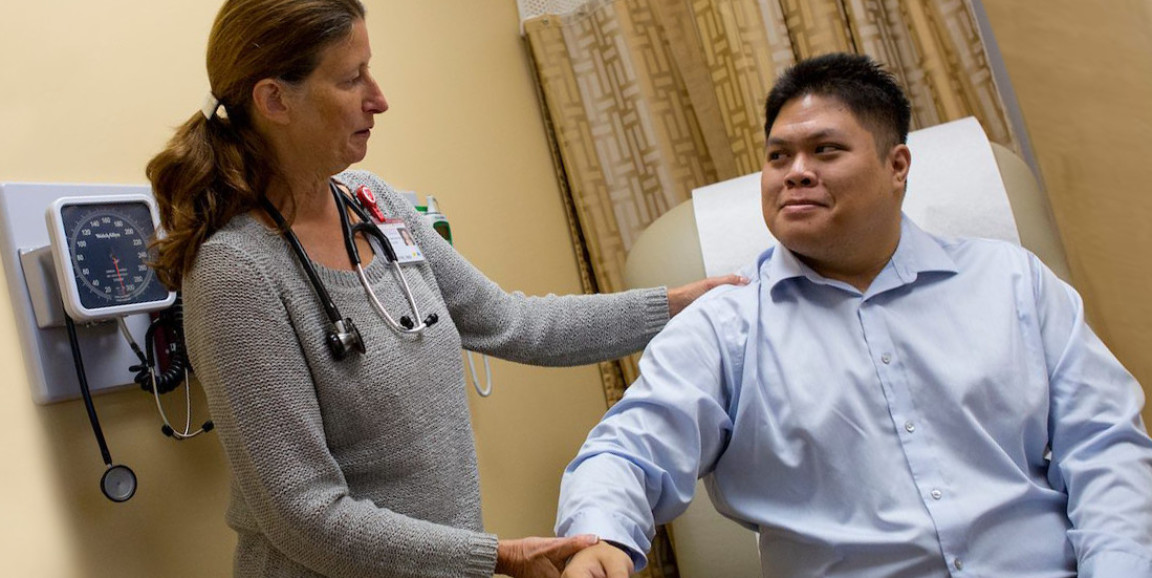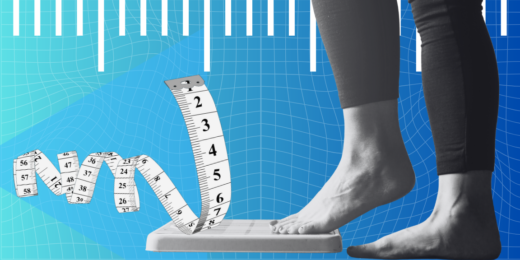What do doctors and religious leaders have in common? At least a couple of big things: individuals in both professions engage with people at some of the most critical moments in their lives and require a high degree of empathy to truly succeed in all of their endeavors.
Last year, I worked with the Rev. Professor Jane Shaw, at the time Stanford’s Dean of Religious Life, to teach a new undergraduate course that digs deep into the shared space between medicine and empathy. In our "Literature, Medicine, and Empathy" seminar, Jane and I explored with our students questions about what empathy is, why it’s important, and why we in medicine so often fail to practice it. We used a range of scholarly works and novels from both medicine and literature to examine the critical questions of whether empathy genuinely leads to altruism, and what the latest studies in biology and neuroscience can teach us about how we relate to each other.
At Stanford Medicine, empathy is indispensable to our vision for health care – precision health – which brings together both the high tech and high touch in treatment approaches that are more effective, less reactive, and based on a view of the patient as a whole person. It’s that last part where empathy comes in.
All the medical training in the world won’t do our new doctors any good if it doesn’t teach them to understand that their patients are complex, multifaceted people. And instilling empathy in our students has implications beyond the benefit to patients – it also helps these more emotionally evolved new doctors to help themselves, treating themselves with greater compassion through the tough times that will undoubtedly come their way throughout their careers.
Empathy is a skill that can be learned and, for our physicians, it’s definitely a skill worth learning. By understanding others as well as themselves, our new doctors will be prepared to make the types of real connections with their patients that are vital to the best possible health outcomes — connections that extend farther than the technical aspects of medicine, to a fundamentally human level.
“Soft skills” like empathy can also help to address a critical issue facing physicians: high burnout rates. A 2017 piece in The Washington Post highlighted the long hours, increased clerical work, and constant worry about patients that together contribute to burnout — and described the importance of equipping doctors with empathy and resilience to cope with these challenges. I couldn’t agree more.
Empathy is a crucial tool that makes the incredibly hard job of being a doctor easier. The sooner our young doctors and other health professionals learn to use empathy to train their emotional muscles and build real connections with their patients and themselves, the better it will be for everyone.
Lloyd Minor, MD, is dean of the Stanford School of Medicine and a professor of otolaryngology–head and neck surgery. A modified version of this piece originally appeared on his LinkedIn page.
Photo by Stanford Health Care




